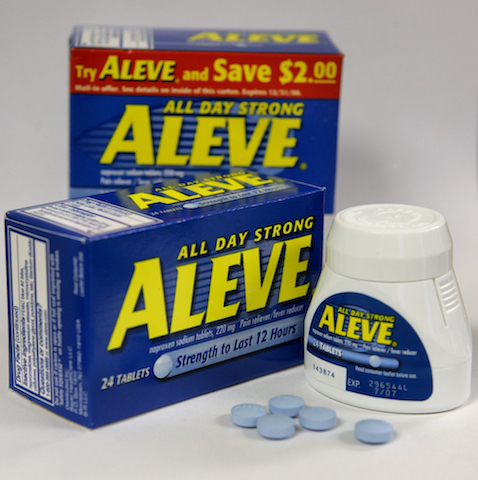
 How is the FDA encouraging new treatments?
How is the FDA encouraging new treatments?
Submitted by the FDA’s Consumer Updates
Working with stakeholders
The FDA continues to work with stakeholders—including patients, academics and companies developing treatments—to improve therapeutic options for people living with SCD.
A growing number of new products is in the pipeline, and researchers are exploring new treatment approaches. “These potential treatments are in different stages of development, including early and late clinical trials,” Farrell says. (Clinical trials are voluntary human research studies designed to answer specific questions about the safety and effectiveness of potential new treatments—or to study new ways of using existing treatments.)
Companies developing sickle cell products can ask the FDA to grant a “fast track” designation, a type of regulatory status that seeks to bring new products to market faster. “This allows for early and more frequent interactions with the FDA to discuss any issues that come up during development, such as manufacturing and trial design,” Farrell explains.
If preliminary data show potential promise over existing therapies, companies also can request “breakthrough therapy designation” to speed the development and review of products.
The FDA also can encourage the development of new SCD treatments by giving certain drugs and biological products “orphan status.” (This designation is possible for products intended to treat rare diseases affecting fewer than 200,000 people in the United States per year. These sponsors can qualify for incentives like tax credits and marketing exclusivity.)
Because SCD is a global issue, the FDA encourages the pharmaceutical industry to develop treatments internationally. Now, companies are conducting clinical trials not only in the United States, but also in Europe and Africa.
Meeting with patients
The FDA also has met with patients to learn more about their experiences with SCD.
“Learning the patient perspective—what symptoms bother them the most and where they would like to see treatments to focus—is important in the development of new therapies,” Farrell explains. “In the past, patients said the symptoms that matter most to them in terms of their disease are acute and chronic pain, stroke, fatigue, and sleep disturbances. Patients also said they are willing to participate in clinical trials to identify new treatments.”
Looking ahead
The FDA’s Division of Hematology Products considers the development of new sickle cell disease treatments a priority.
“We will continue to work with sponsors as much as possible to help remove roadblocks to new product development,” Farrell says. “We feel for these patients because they have to live with the devastating consequences of this chronic condition. It’s important for the FDA to help as much as we can.”




Be the first to comment